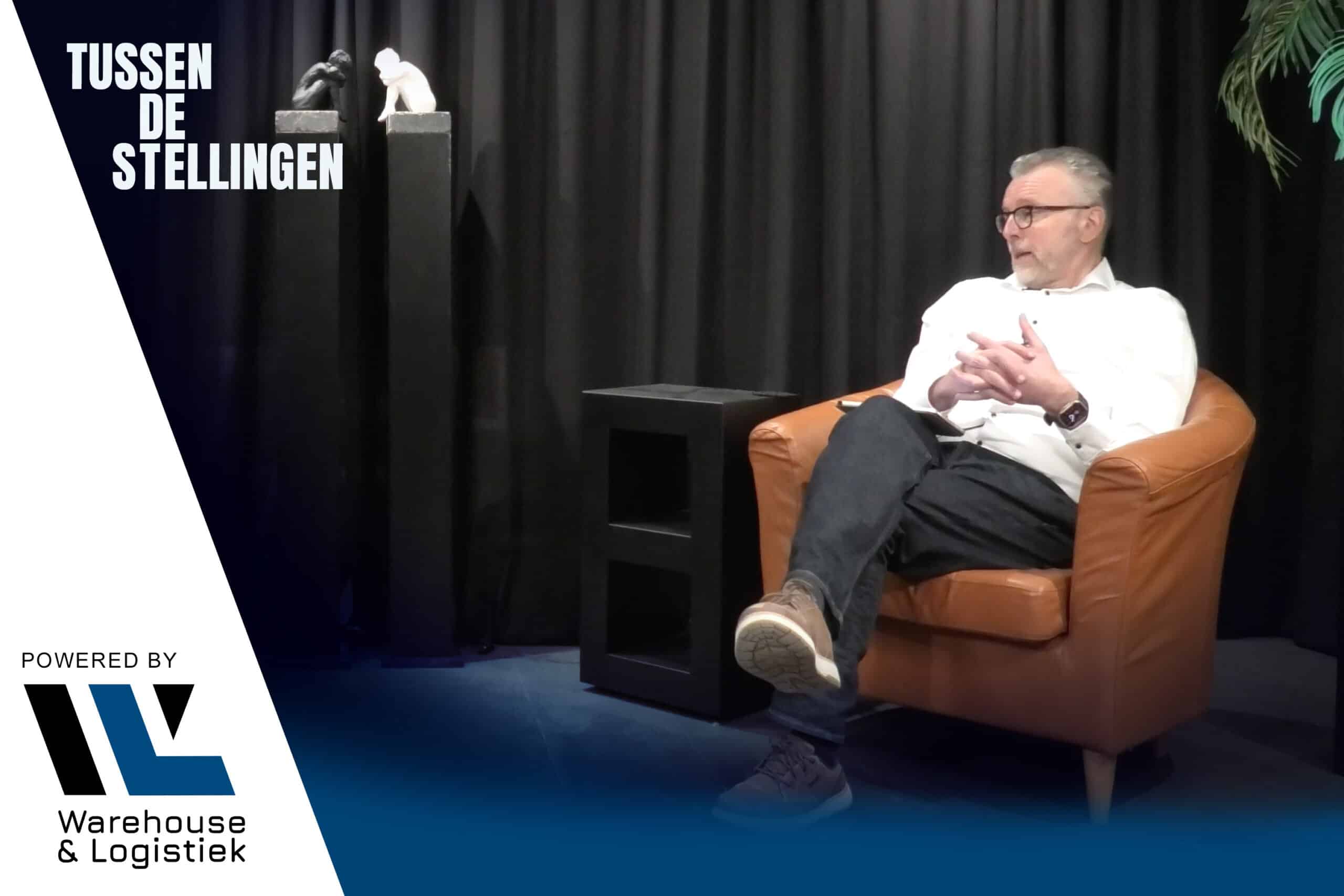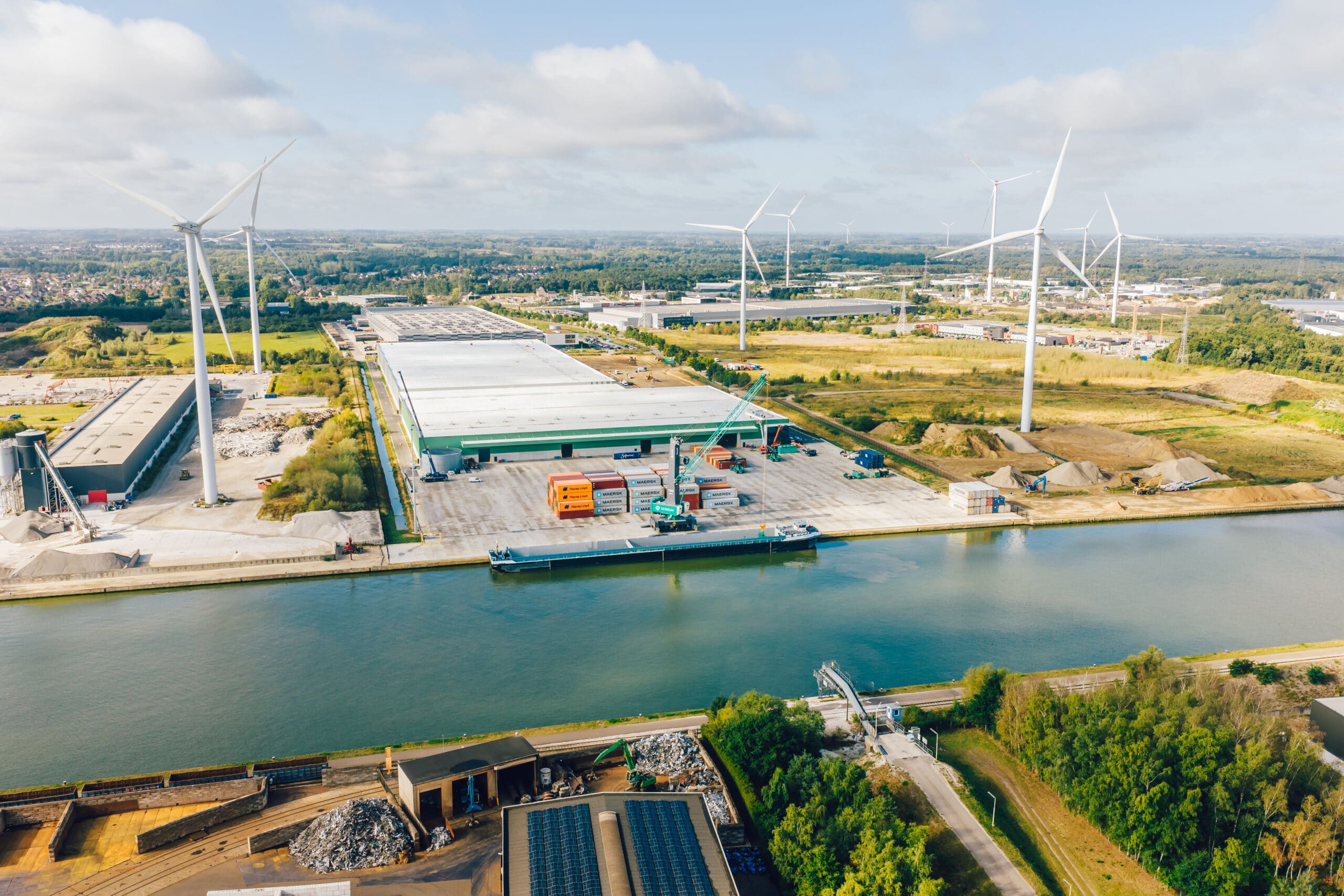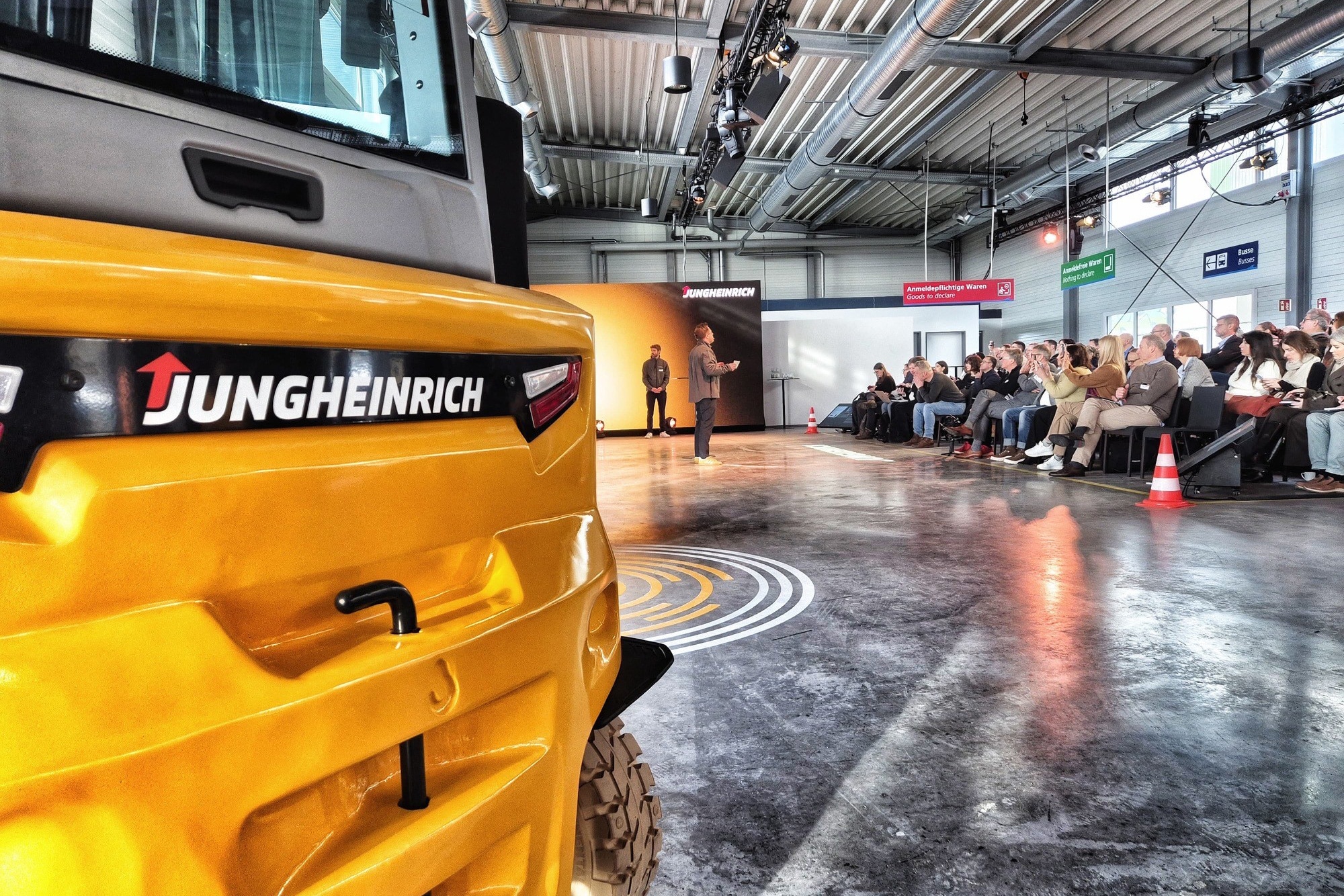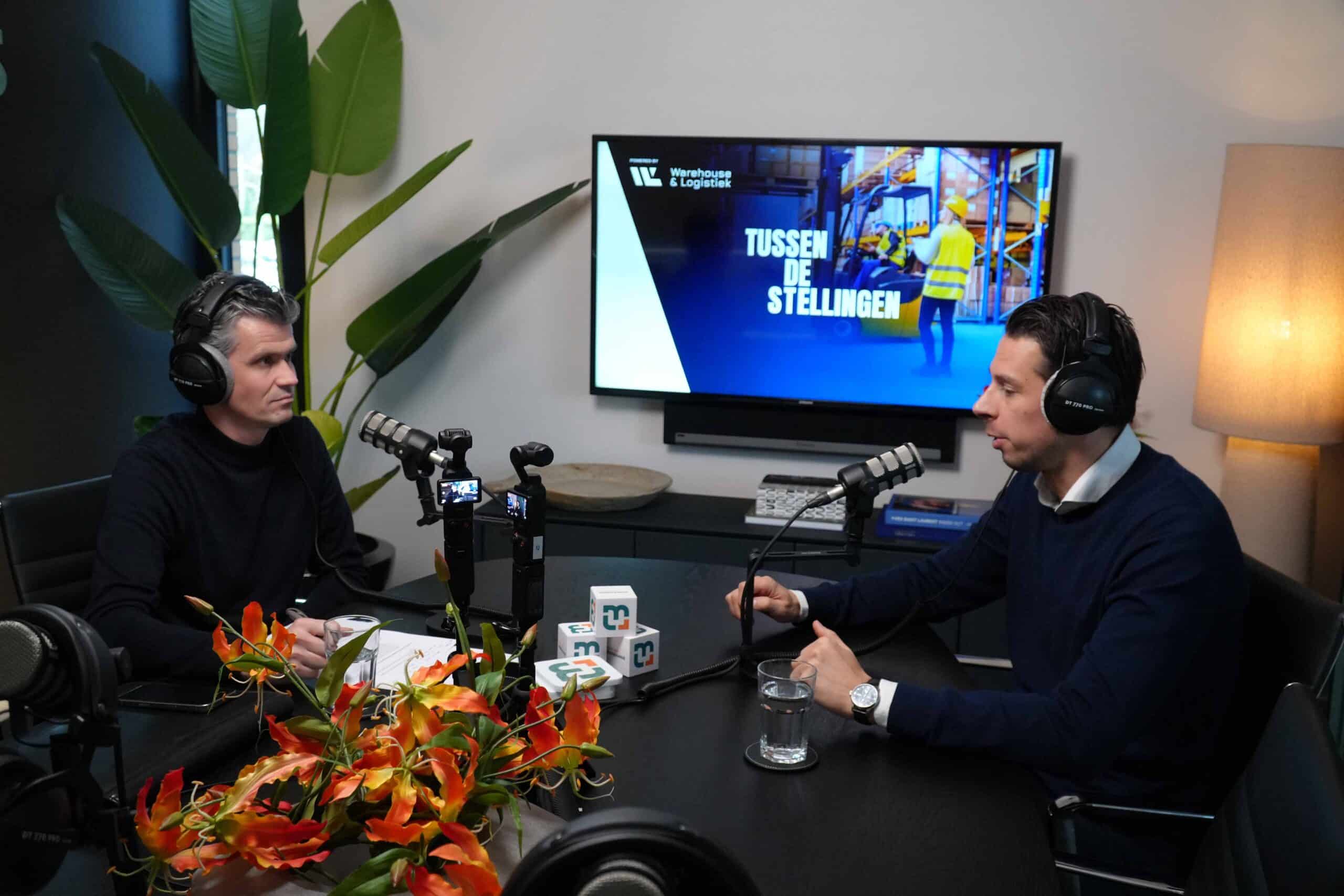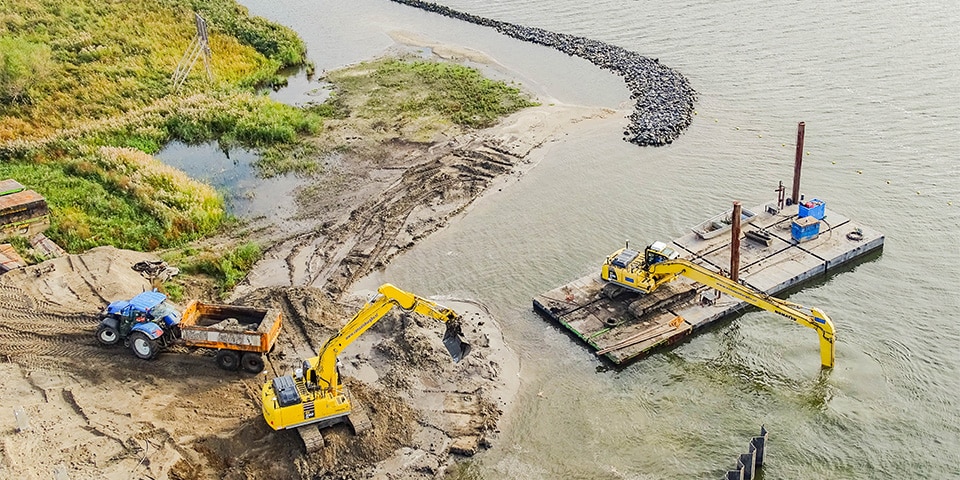
Van Aalsburg: traditional knowledge, modern working methods and as sustainable as possible.
The climate agreement has a huge impact on the residential construction, non-residential construction and civil engineering sectors. The ruling by the highest court at the end of May has put our country on lockdown. Thousands of projects, and therefore companies, are affected by this nitrogen crisis.
"Even we notice it," says Dick burg, one of six brothers who run the large and dynamic family business Van Aalsburg BV. "We are an exceptional willow or brushwood business that has been working hard for many years to reduce CO2-emissions and create a sustainable work environment."
Wood in the GWW
"By reusing available raw materials as efficiently and high quality as possible, we reduce CO2-emissions. In the GWW sector, wood and plastic are widely used in zinc pieces and shoring." Van Aalsburg says that willow is a good alternative to less environmentally friendly products in applications such as this. "In addition, we have developed a patented system to build islands (floating reed banks) from willow branches and nearby dredge. Only natural materials are used in the entire construction. A big advantage is that water managers can combine dredging operations with the realization of multiple policy goals, landscape development and recreational goals."
Craft
The wood used by Van Aalsburg is traditionally and sustainably farmed in the Biesbosch at its own 150-acre nursery. The craft of brushmaking has been passed down from father to son(s). "In the Netherlands, but also abroad, we are praised for the knowledge and experience in the field of zinc pieces, corbels and shoring." It is clear: traditional knowledge, modern machinery and working methods go together perfectly at Van Aalsburg in a socially responsible manner.
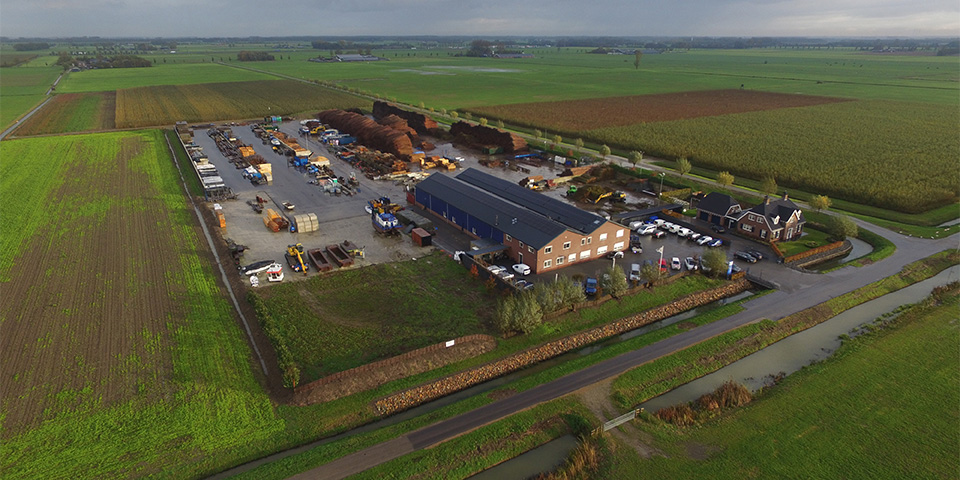
Van Aalsburg: as much as 4 acres of business location.
Abroad
"We see that this also allows us to answer certain questions abroad. Like in Germany, France and Poland, where we are active in hydraulic engineering in reinforcing dikes and protecting banks." But Van Aalsburg also knows how to find the private market in Belgium and Germany. "This way we avoid being dependent on the Dutch market. Interested parties cry out that they want to buy sustainably. But unfortunately, all too often they still buy on the lowest price. Van Aalsburg sets the trend in terms of sustainability and that really doesn't have to be more expensive. But now everything is on hold because of PAS and PFAS. We can hardly fight that."
Small footprint
Van Aalsburg themselves do everything they can to keep their own footprint as small as possible: "The wood stove that burns on wood chips heats the entire company. We generate electricity with the 550 solar panels on our roof. We use LED lighting and have a charging station. We also use low-emission fuel and 25 of the 50 chainsaws have a battery. We are proud of the CO2 reductions!" Still, Van Aalsburg thinks there could be a year or two must be pulled out to overcome this nitrogen crisis and PFAS, as a Hydraulic Engineering sector. "Provided clarity comes quickly now ... but the uncertainty throws all confidence overboard. If projects start running again,
Opportunities will follow fairly quickly and beautiful designs can be made that are both sustainable and good for nature. But that requires us to make choices now. And sometimes that requires flexibility from your employees. "Our people are the most important part of our company! We also want to use them sustainably, for example by making smarter use of new techniques, such as the new high-tech contra winch system."
New floating crane
"In November, we will put into operation a new purpose-built floating crane. The custom-built crane is versatile, for example in natural construction projects where floating reed banks or islands need to be built. Or for the creation of lee structures and in natural levee restoration." Van Aalsburg mentions Giethoorn, Weerribben area, where the crane can be deployed in the wieden (puddle-wash area). But also the plowing of the reed beds in Alkmaar. The crane, with its long boom and special GPS system can even be used as a reed mower in the Biesbosch. "Without having to be dismantled, the crane can be transported by road on a flatbed trailer. During water work, the crane is hydraulically easily and stably adjustable in width, so it can easily pass through swamp sections or narrow waterways. And thanks to the unique capabilities of working with this crane, we will disturb the soil and banks less, if at all."
Van Aalsburg concludes, "We invest in smart, sustainable machines as well as in our people and their knowledge. This allows us to grow in turnover through sustainable deployment of our own constructions in projects. We are ready for a sustainable future with everyone!"
Van Aalsburg BV
Paalgraaf 11, 4174 LC Hellouw
T +31 418 729101
F +31 418 581167
E info@vanaalsburgbv.nl
www.vanaalsburgbv.nl
